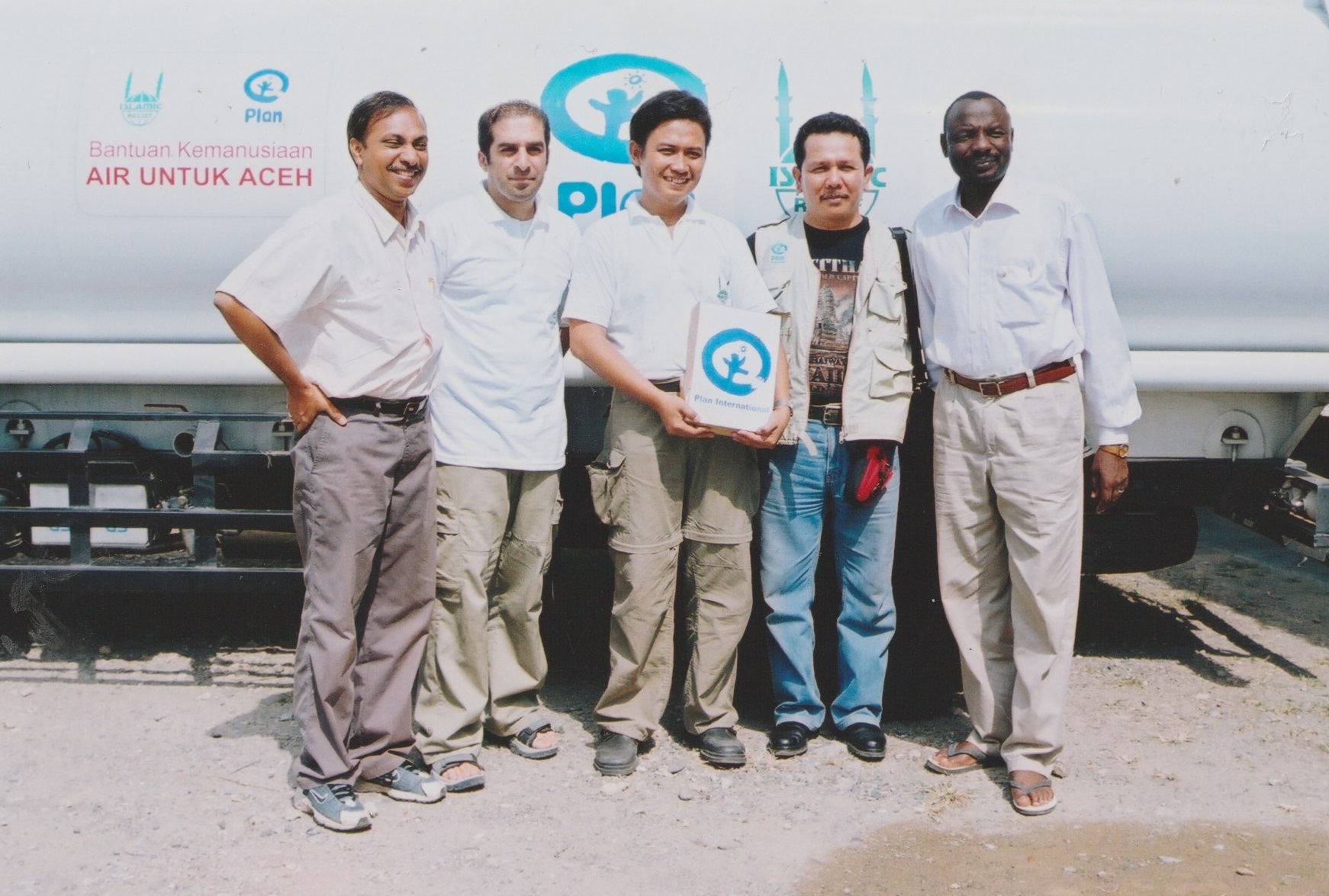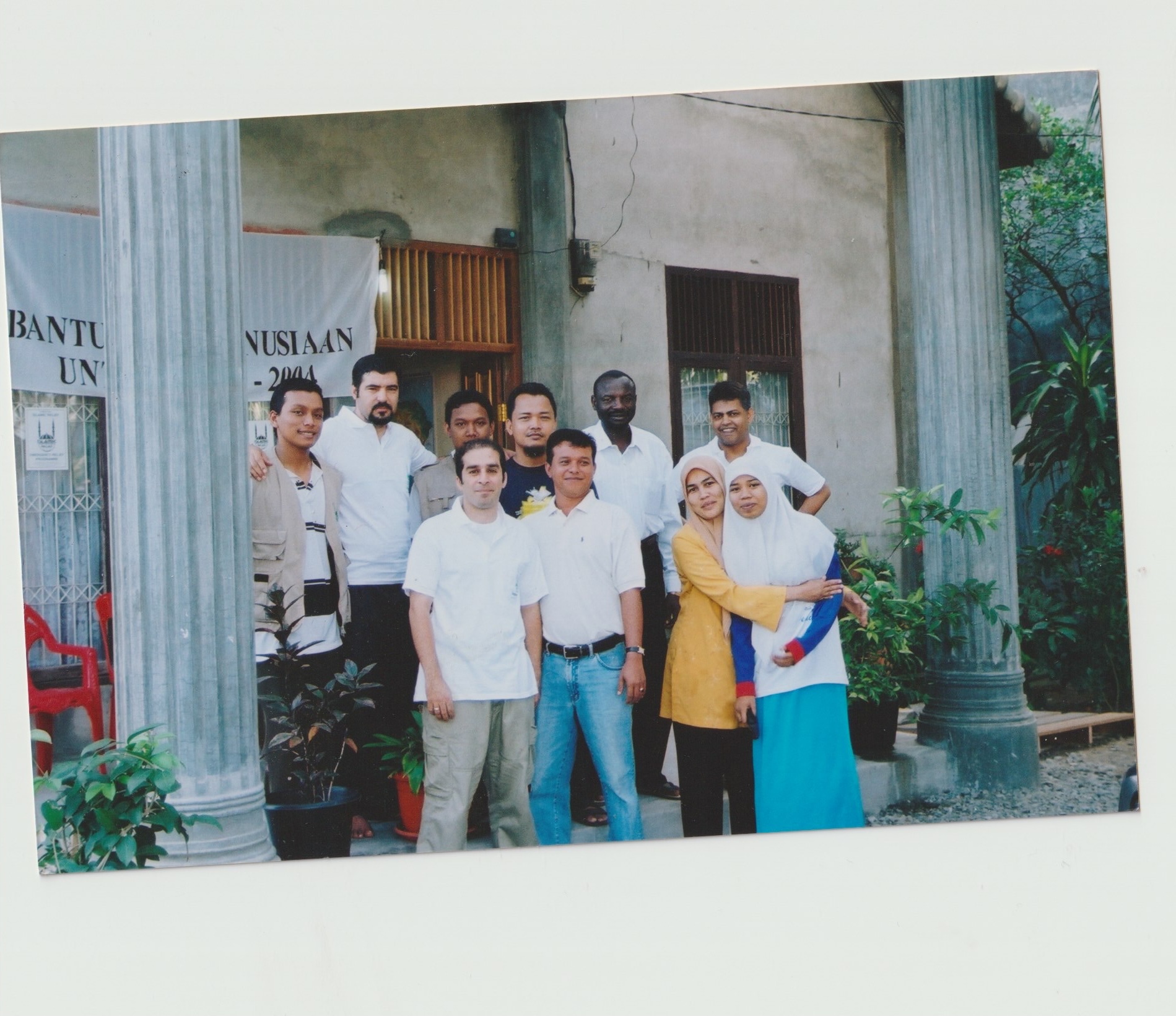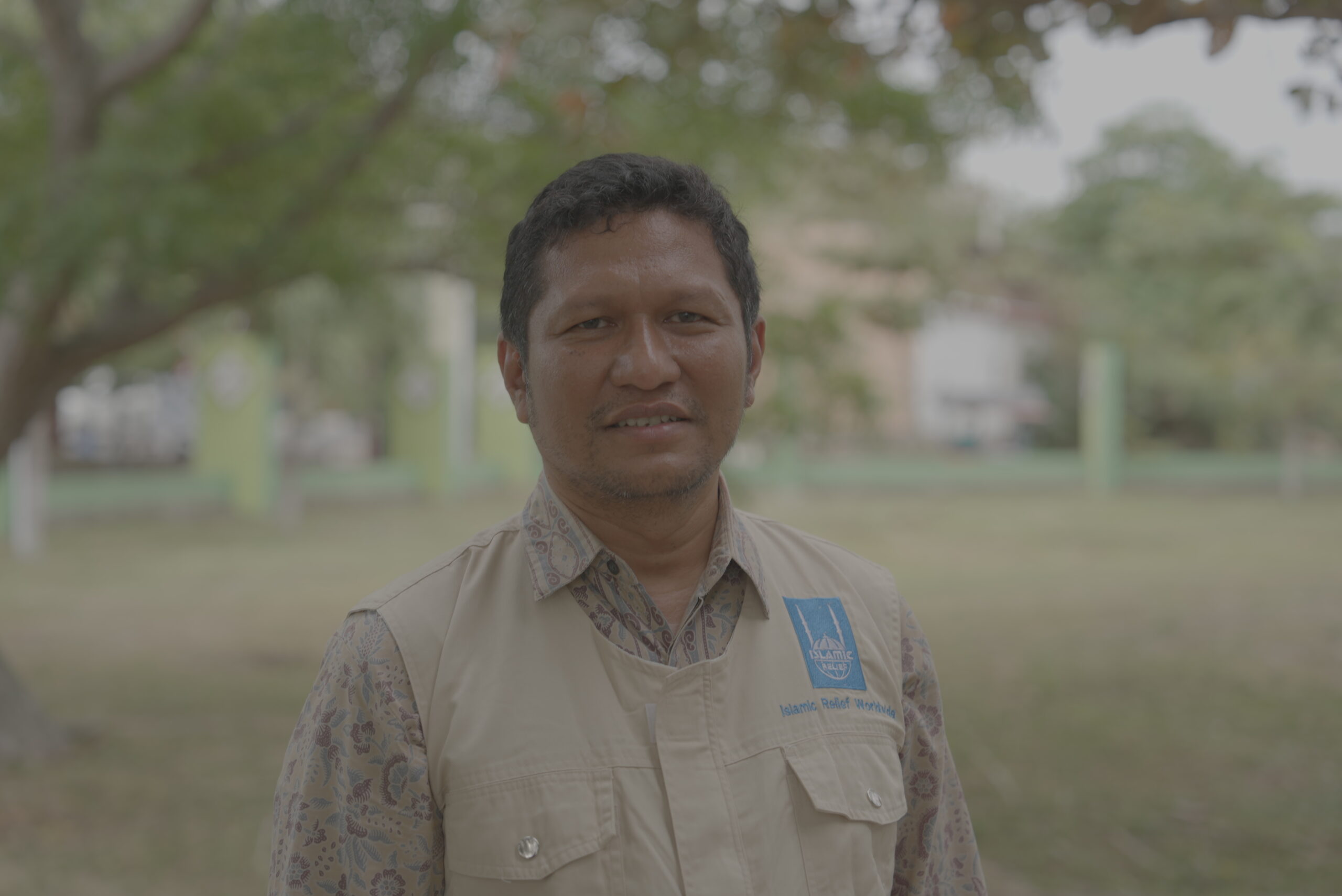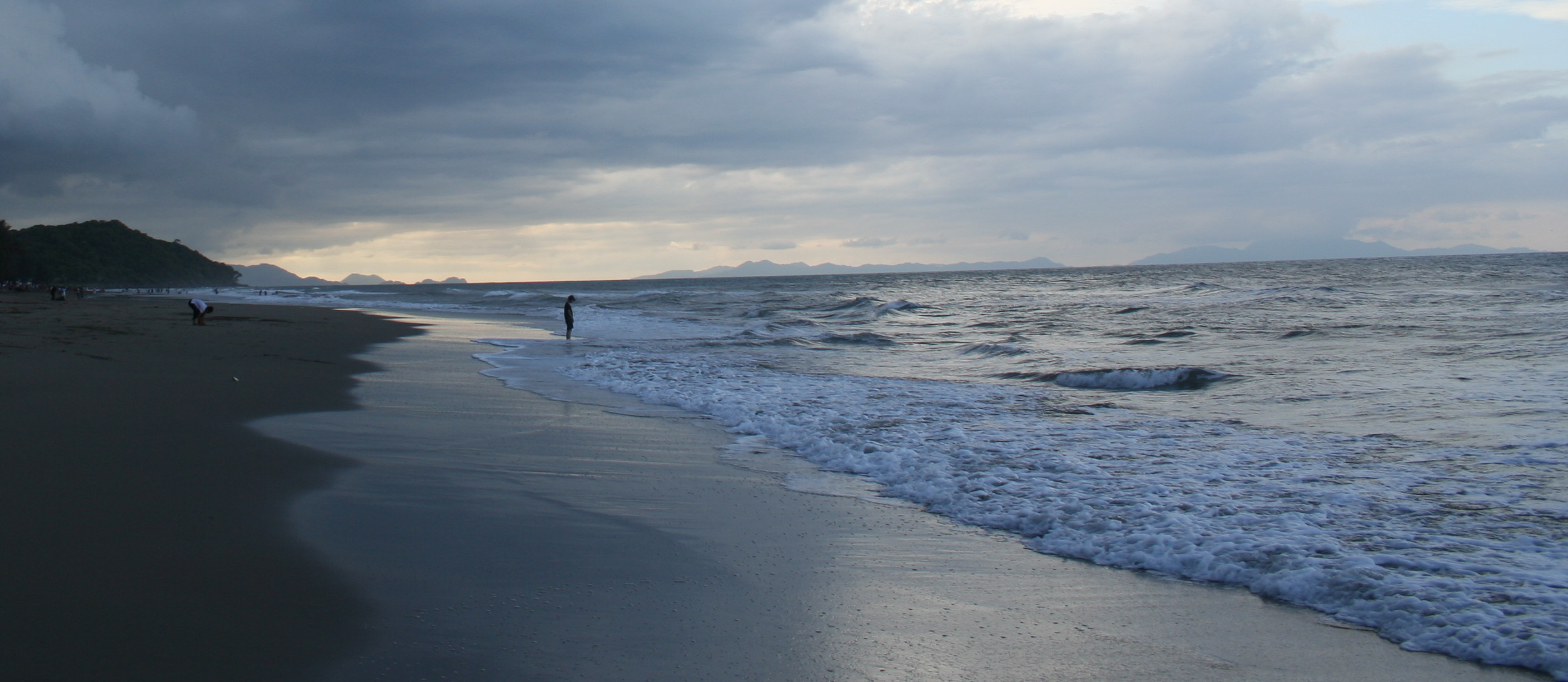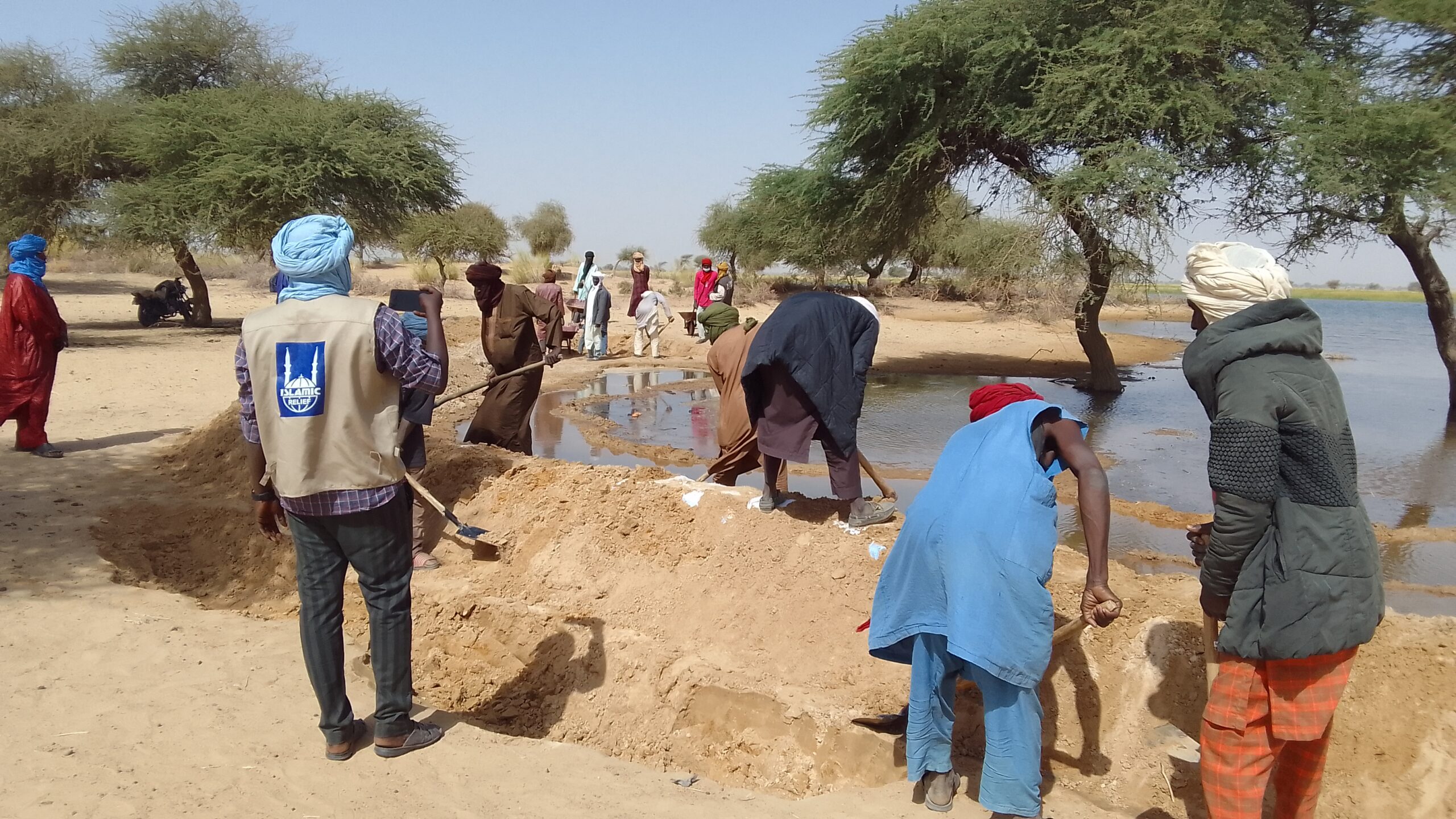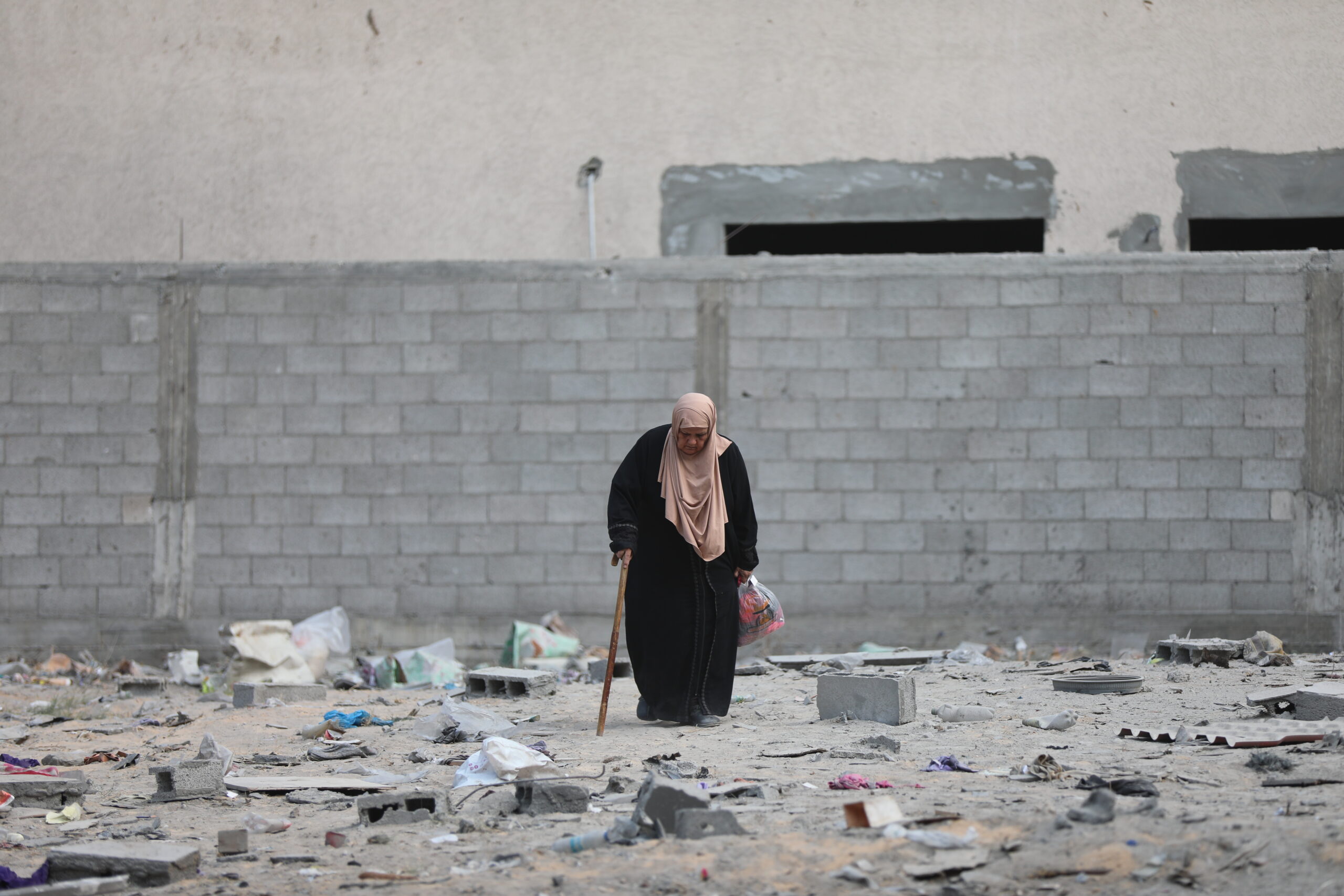
03.08.24
Protecting the Needs and Rights of Women Experiencing Humanitarian Crises
Najah Almugahed, Gender Protection and Inclusion Advisor at Islamic Relief Worldwide examines how the needs vs rights debate applies to women in humanitarian crises, calling for more aid to cover women’s basic needs.
“After nearly a decade of residing away from home, I managed to go back for a visit last year.
“Home is Yemen, which is experiencing one of the world’s worst humanitarian crises. Despite the joy of reuniting with family and friends, witnessing the devastation of basic services, extreme poverty and higher rates of inequality left its mark on my heart.
“The reality painted a grim picture of a population teetering on the brink of famine, with two-thirds in dire need of humanitarian assistance and protection services, according to UNHCR.
“In addition to these challenges, I observed a subtle shift in gender roles. Women in Yemen are increasingly taking on ‘productive’ roles – engaging in income-generating activities and breaking into traditionally male-dominated jobs such as waitressing or retail.
“However, this shift in Yemen and elsewhere is often sparked by necessity, rather than a genuine commitment to equal rights and opportunities. Even with expanded responsibilities, women continue to shoulder the traditional roles of homemaking and caregiving without a corresponding reduction in expectations.”
Women in humanitarian crises
“Wars, conflicts, and natural disasters affect everyone in society, but they also exacerbate existing vulnerabilities, impacting women and girls differently.
“Women are compelled to fill in for their absent male providers, often without any additional support or protective systems and policies. This exposure might increase their risks of gender-based and sexual exploitation and abuse.
“We’re seeing horrific figures emerge from the ongoing conflict in Sudan, showing that women and girls are being targeted with sexual violence and rape.
“The UN Human Rights Office in Sudan has received reports of 21 incidents of conflict-related sexual violence against at least 57 women and girls. The actual number is thought to be much higher as parts of the country remain challenging to access, and there is a lot of social stigma associated with reporting sexual violence.
“In Syria and Yemen, we’ve seen the number of early marriages, also known as child marriages, increase during conflict. Rates are 4 times higher in Syria now than before the crisis began. In Yemen, rates have increased from 32% to 52% in recent years, as dowries have increased and poor families use early marriages as a coping mechanism to survive, using dowries to feed other family members.
“In Gaza, more than 30,000 people have been killed since October, and 70% of them are women and children. Nearly 2 million people, including 1 million women and girls, are currently displaced. Pregnant and lactating women are at a particular risk of malnutrition for them and their babies with limited to no access to health care.
“Islamic Relief staff in Gaza report pregnant women enduring C-sections without anaesthetic or painkillers, newborn infants starving to death, and a shortage of menstrual hygiene materials leading to women and girls developing infections as they resort to using any scraps of cloth or torn clothing they can find.
A ‘gendered’ humanitarian response
“As humanitarian organisations like Islamic Relief are expected to respond to the many ongoing crises around the world, the sector must consider a ‘gendered’ response. This means delivering aid programmes in an equitable form, prioritising the ones who are most in need.
“We must identify and respond to the distinct needs of people experiencing crises through direct and meaningful participation in designing and implementing projects, focusing on the most vulnerable groups.
“It is the first step to providing access to essential services for women and children, including pregnant and lactating women, older women, and women and girls with disabilities. This short-term response aligns with the long-term goal of achieving gender equality and fulfilling human potential.
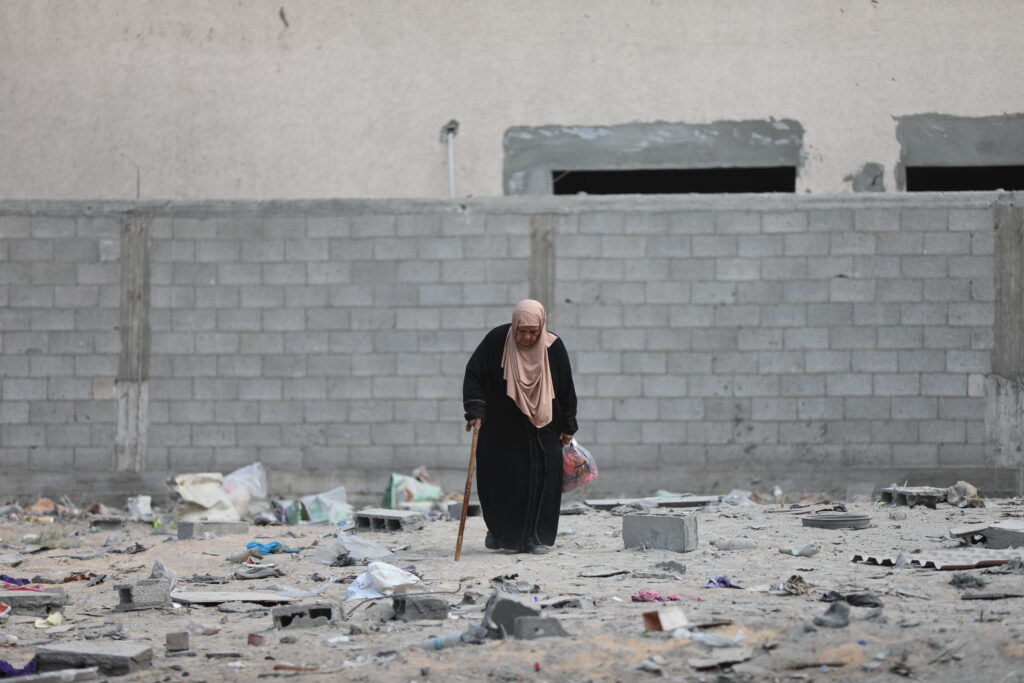
“Islamic Relief prioritises women and girls in our humanitarian response. We specifically focus on supporting families headed by women through initiatives such as orphan-sponsorship programmes, or unconditional cash, and livelihoods opportunities for women.
“Using a protective and inclusive framework ensures that women and girls’ needs are central to Islamic Relief’s response, where we explore all the potential risks and barriers to accessing services and ensure the most vulnerable groups have access to programmes.
“It is exemplified by initiatives such as mobile clinic services in northwest Syria that allows pregnant and lactating women and others to benefit from health services without additional costs.”
Needs vs rights debate
“There exists a nuanced debate between individuals’ needs and rights, particularly in a humanitarian context. It centres on whether addressing basic needs should precede ensuring fundamental rights.
“While there is consensus that immediate needs must be urgently met, the debate arises when initial emergency responses move into phases that include development work, in which both basic needs and fundamental rights are crucial.
“Gender equality and empowering women and girls to fulfil their human potential is both a fundamental right and a necessity in order for societies to prosper.
“Within humanitarian programming, there is a spectrum for a ‘gendered’ response, starting with providing access to basic services and progressing into advocating for transformative gender equality rights.
“While considering the rights of women and girls, it is also essential to acknowledge that, for many in humanitarian crises, conversations about gender equality might seem like a luxury. Honing into providing access to basic needs for women and girls is more relatable to their lived realities.
“Humanitarian projects should have long-term impact and address gender inequality; however, women and girls need to have their food, water, hygiene, health and education needs covered first. It is their social right, as well as need, I don’t find the 2 terms to be mutually exclusive but rather a matter of choosing an acceptable language to achieve the overall aim.
International Women’s Day and Women’s Needs and Rights
“The theme of International Women’s Day 2024 was ‘Inspire Inclusion’. It underscores the value of including women in all aspects of life, emphasising an inclusive workforce, economy, and decision-making processes.
“This idea also applies to humanitarian work. It is vital to recognise women in humanitarian crises.
Estimates show that 4.5% of the world’s population needs humanitarian assistance and at least half of this number are women and girls. While advocating for gender rights is essential, prioritising the fulfilment of basic needs is fundamental.
“On International Women’s Day and beyond, let us acknowledge the ongoing struggles faced by women in humanitarian crises. While the goal is to see women included in various industries and decision-making roles, with reduced caregiving burdens and a genuine belief in their equal rights, the pressing reality calls for addressing their immediate needs first.
“Only by securing a foundation of basic living conditions can we pave the way for meaningful discussions on gender rights and equality.
“The ongoing debate on needs vs rights will persist as the gap in fulfilling needs expands. I look forward to the day when we can celebrate women’s rights and potential on International Women’s Day, rather than still needing to strive for basic and immediate needs.
“I look forward to a time when more women are doing ‘productive’ jobs because they have the right to choose to do so, not because circumstances force them to.
“Islamic Relief supports women and girls around the world to pursue an education, access healthcare and build sustainable incomes. We also work to address harmful cultural practices that contribute to inequality. Please help us to continue this vital work.“

